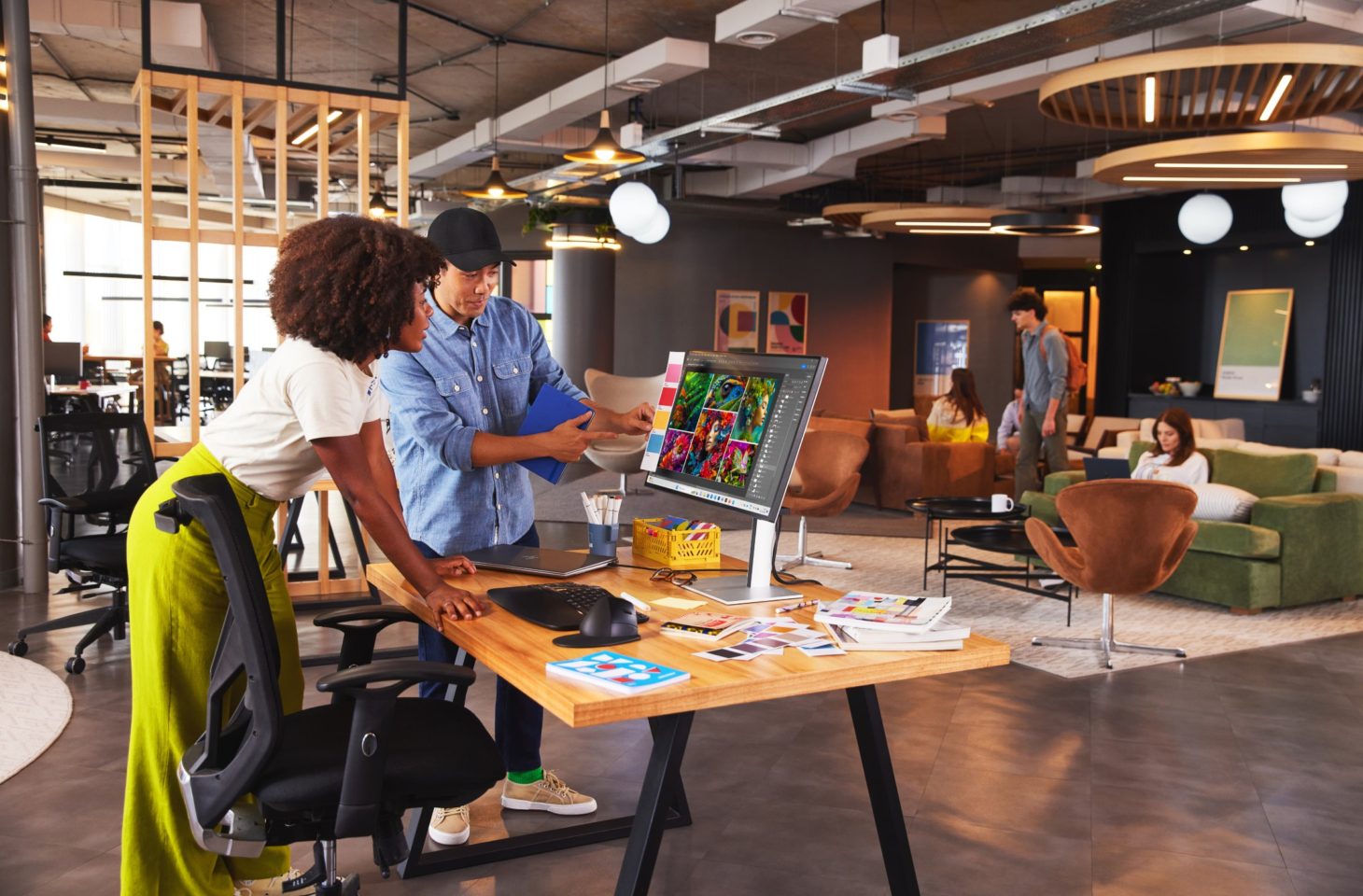A global survey by HP shows that only 28 percent of knowledge workers worldwide have a healthy relationship with work. That’s a slight increase of 1 percent from 2023, but the report shows that many employees still struggle to build a positive work relationship.
The HP Work Relationship Index 2024, conducted among 15,600 respondents from 12 countries, focuses on the growing need for personalization and autonomy in the workplace. In addition, the integration of artificial intelligence (AI) is playing an increasingly important role in improving work experiences.
One of the report’s most striking conclusions is that 87 percent of knowledge workers would be willing to give up part of their salary in exchange for a personalized work experience. Employees want more autonomy over how and where they work and need tools tailored to their personal work style. This means, for example, the ability to customize workspaces, access to technology that makes their work easier, and the freedom to work flexibly, both in the office and at home.
According to HP, demand for personalization is particularly high in emerging markets such as Indonesia, India and Brazil. More than 80 percent of workers in these countries say that customization is critical to their job satisfaction. In developed economies such as the United States, Australia and the United Kingdom, demand for personalized work experiences is also strong, but somewhat lower than in emerging markets. This shows that employees around the world increasingly expect employers to tailor their work environment to their individual needs.
AI as a key factor
Artificial intelligence appears to be a key driver for improving working relationships. By 2024, 66 percent of knowledge workers used AI in their daily work, an increase of 28 percent from the previous year. Artificial intelligence is used for a variety of tasks such as translation, productivity management, internet research, and even strategic planning. For IT decision makers, the integration of AI is an even more important development. AI not only helps them do their jobs more efficiently, but also ensures that they develop a stronger bond with their work.
Employees who regularly use AI report a better work-life balance and higher job satisfaction. In addition, these employees feel more productive and experience more room for personal development. Contrary to fears that AI would replace jobs, AI actually seems to offer opportunities to make work more flexible and tailored.
Role of leadership
While AI and personalization are improving the work experience for many employees, leadership still proves to be a stumbling block. The report shows that trust in leadership is critical to a healthy working relationship. However, only 64 percent of employees feel their leaders truly care about their well-being, despite 89 percent of business leaders believing this.
A lack of confidence in human skills like empathy plays a big role in this. Business leaders recognize the importance of empathy and say it is critical to employee growth, retention and well-being. Yet nearly half of leaders feel their soft skills are inadequate, creating a gap between employees’ needs and what leaders provide.
Diploma
The HP report makes it clear that the future of work depends heavily on personalized work experiences supported by technologies such as AI. Employees want more autonomy and individuality in their daily work and value flexibility and the ability to adapt their workplace to their needs. Companies that take these wishes seriously can expect happier and more productive employees.
However, there is still a lot to be done, especially in the area of leadership. Company leaders must improve their empathy skills and focus more on the individual needs of their employees. Only then can collaboration really improve and companies can exploit the full potential of their employees.
